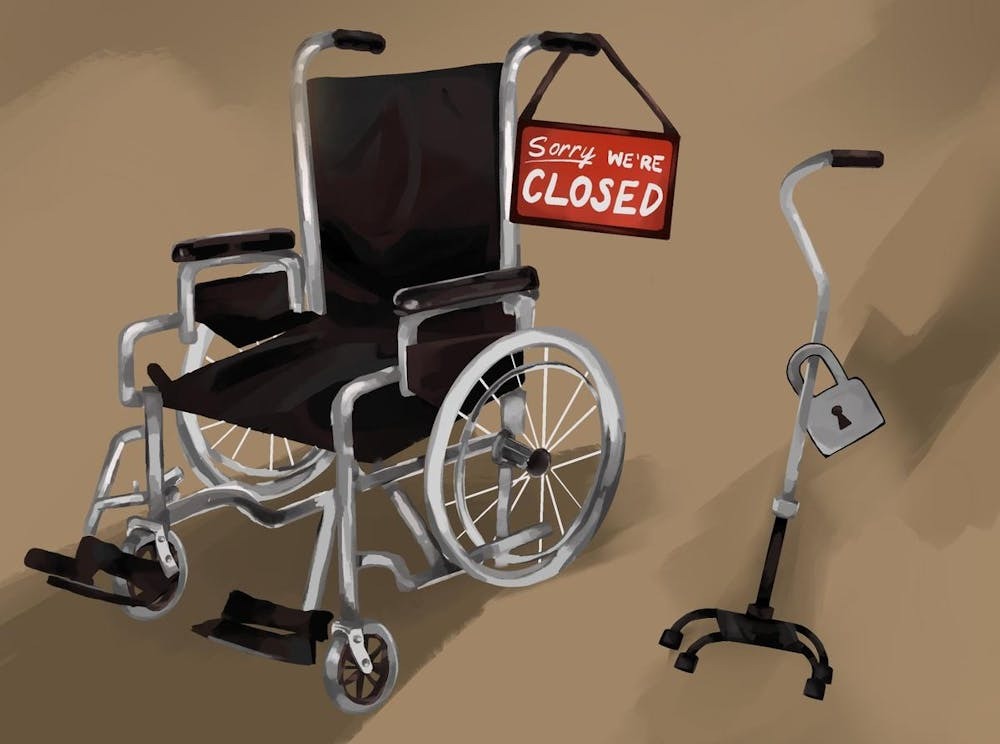
Modernizing SNF Oversight: How Accreditation Can Cut Costs & Improve Care
Expanding SNF accreditation streamlines oversight, improves care quality, and cuts costs.

Reimagining Veterans’ Nursing Homes: Can Public-Private Partnerships Improve Care and Save Costs?
Exploring innovative partnerships could help provide modernized, veteran-focused care while controlling costs.

Rethinking the Narrative: Stories that Shape Nursing Home Policy
Challenging the conventional wisdom in nursing home policy to build a system that rewards quality, not excuses.

The Role of Intelligent Process Automation (IPA) in Optimizing HUD Loan Processing
HUD’s nursing home loan process is slow, inefficient, and misaligned with quality standards. Reform is needed to streamline approvals, ensure responsible lending, and support better care outcomes.

Strengthening HUD’s Nursing Home Loan Program Through Quality-Based Underwriting and Process Reforms
HUD’s nursing home loan process is slow, inefficient, and misaligned with quality standards. Reform is needed to streamline approvals, ensure responsible lending, and support better care outcomes.
Streamlining Regulatory Processes for High-Performing Providers with AI Support
Adopting a risk-based regulatory framework for nursing home oversight—featuring AI-enhanced monitoring tools and voluntary accreditation for high-performing facilities—would create powerful incentives for quality improvement while enabling regulators to focus limited resources where they are needed most.
The Need for a Technology - Enhanced Staffing Adjustment (TESA) Incorporating Wearables and Remote Monitoring Technologies into CMS Staffing Metrics
Wearable devices and remote monitoring technologies in nursing homes can significantly improve resident safety and staff efficiency while helping facilities navigate workforce shortages through smart automation.
Investment in Infrastructure as a Catalyst for Quality in Nursing Homes
Modernizing America's nursing home infrastructure through strategic facility upgrades represents a critical investment in public health that not only reduces disease transmission and improves resident outcomes, but also delivers compelling economic returns while preparing our healthcare system for the unprecedented demographic shifts ahead.
Expanding CMS Staffing Metrics to Reflect Comprehensive Care Teams
A comprehensive reform of Medicare's nursing home rating system to include all direct care staff—not just nurses—would enhance transparency, improve quality measurements, and incentivize facilities to invest in the specialized care teams that drive better resident outcomes.
Strengthening Accountability and Improvement for 1-Star Skilled Nursing Facilities
The CMS 5-Star Rating System effectively identifies underperforming skilled nursing facilities, but without stronger enforcement mechanisms and financial consequences, this valuable assessment tool falls short of driving meaningful reform among the nation's lowest-rated nursing homes.
Private Rooms for All Medicare Part A Skilled Nursing Facility Residents
The American long-term care system must evolve beyond the outdated model of shared rooms in Skilled Nursing Facilities, which compromises resident care through increased infection risks and impeded recovery.

Rethinking the Narrative: Are SNF Closures a Symptom of Systemic Failure or Isolated Issues?
SNF closures are often more nuanced than simply evidence of a lack of adequate funding.